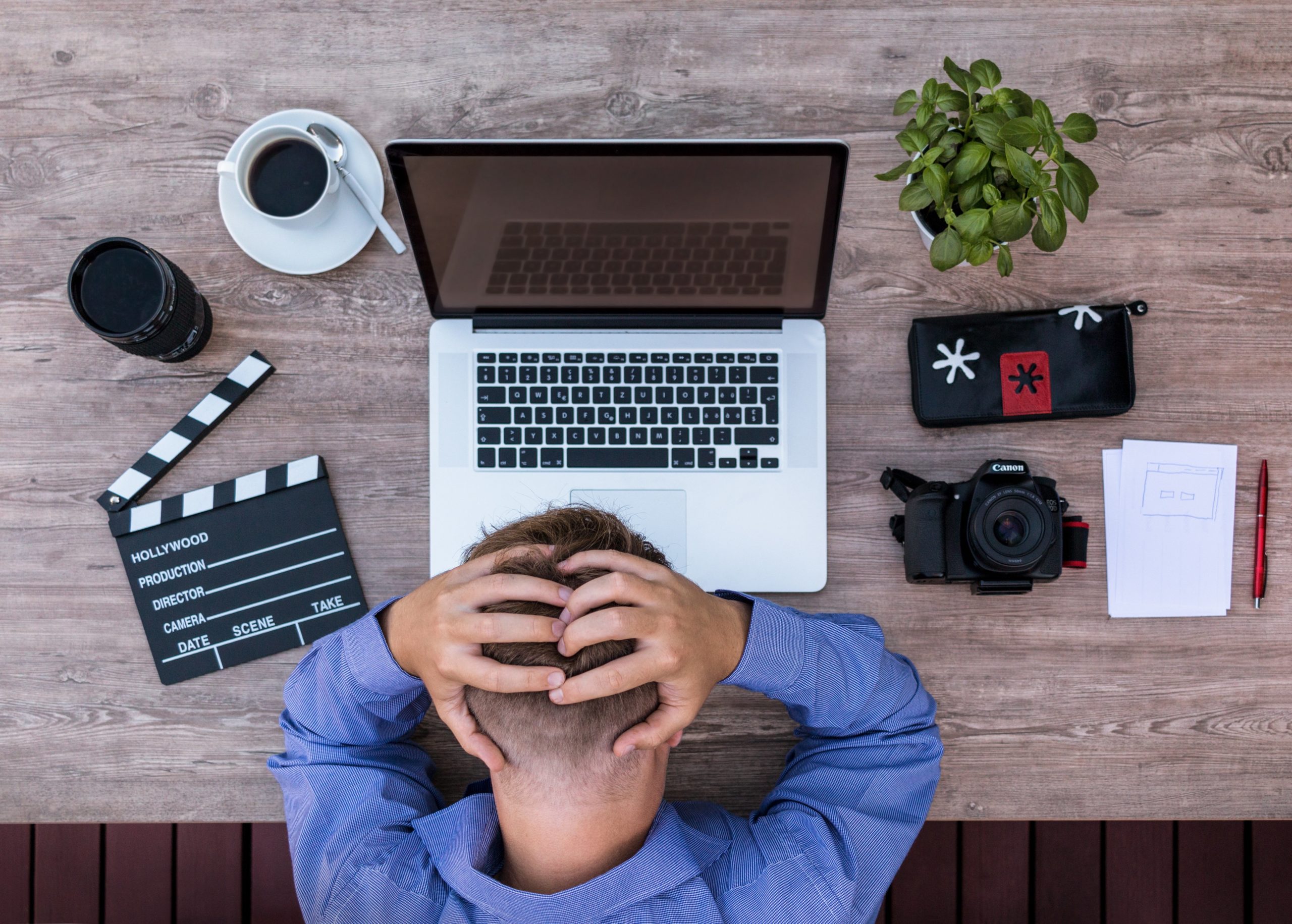Slowly but surely, companies are now inviting their employees back into the office. Many businesses are also choosing to use the latest technology trends to plan a safe return, increase workplace security, and manage a new concept of precisely what the ‘new workplace’ should look like.
New workplace challenges
The organization is the key to any successful business, which means confronting an entirely new reality in the face of an ongoing pandemic. The organization of a work environment where employees feel safe becomes crucial to that success. Technology can contribute to the bigger picture of security, helping offices and businesses remain safe.
Mobile technology and the workplace
Smartphones are vital to daily tasks, whether at work or at home. Consider that your smartphone can manage your home security system, oven, refrigerator, washing machine, and car door.
So, if a mobile device can do all this at home, a smartphone becomes a vital instrument in the quest for business success in the new normal.
Smart door locks are a growing trend in home security systems, and now businesses are following suit. There are no more keys, key cards, or other means to get into your office. A smartphone is all you require, and mobile security will prove much safer with the easy management of credentials.
Mobile credentials with a tap on the app
A mobile credential is an electronic key that is in your smartphone. An employee will install an app on their phone and scan a QR code or open a Cloud Key link in front of an electronic reader positioned at entrances and exits.
This type of technology can integrate Bluetooth, Wi-Fi, RFID, or even cellular data meaning it offers all kinds of options for cell phone users. A tap on the app or a phone wave will allow entrance or exit.
Contactless entry
QR codes and contactless entry mean that employees entering an office no longer need to interact with reception or front desk personnel necessarily.
Employees can enter a building without interacting with other staff by simply scanning a code kept on smartphones. This kind of tech will also eliminate health risks like people touching walls, doors, or intercoms that are potentially contaminated surfaces.
Contactless entry can protect offices, but the use of common areas such as elevators or doors with their buttons and handles will be primarily limited if not eliminated.
Visitor management
Apps that allow contactless sign-in can also be the face of management systems for visitors, enabling employers to further guarantee safety by knowing exactly how many people are in a building. They also will allow app users access to specific business guidelines before they even arrive at a given location.
Improved security
Security will improve without worrying about lost, misplaced, or stolen keys or key cards, and smartphones are among the most secure devices around as they are equipped with encryption tools. Most people also do not readily lend them out. They are not easily lost, and should the unthinkable happen; most are traceable.
Eliminating the need for keys or keycards will prove cost-effective, but should you need to revoke entrance privileges, it will be more accessible and immediate.
Guest temporary mobile credentials can be issued if need be. It is also advantageous because you won’t need a physical location to store necessary data, as a cloud server will manage everything.
Business owners can control multiple access sites from anywhere globally thanks to the remote entry management of mobile credentials through a digital system.
Security biometrics
Biometrics are on the frontline to dominate security protocols in the future. Touchless doors can secure MFA or TFA.
What could the future of office life look like?
Want to include a little extra for your employees and clients? Who says that mobile technology is limited to access and security? Imagine getting a coffee with a phone app.
Both Nestle and Lavazza have developed machines that either use an app like Lavazza’s case or allow you to wave your hand near a menu like Nestle. No unnecessary touching! US coffee machine manufacturer Bunn has a QR code that allows you to order from your smartphone. Mobile technology is truly the gateway to the future.
This is a Contributor Post. Opinions expressed here are opinions of the Contributor. Influencive does not endorse or review brands mentioned; does not and cannot investigate relationships with brands, products, and people mentioned and is up to the Contributor to disclose. Contributors, amongst other accounts and articles may be professional fee-based.

